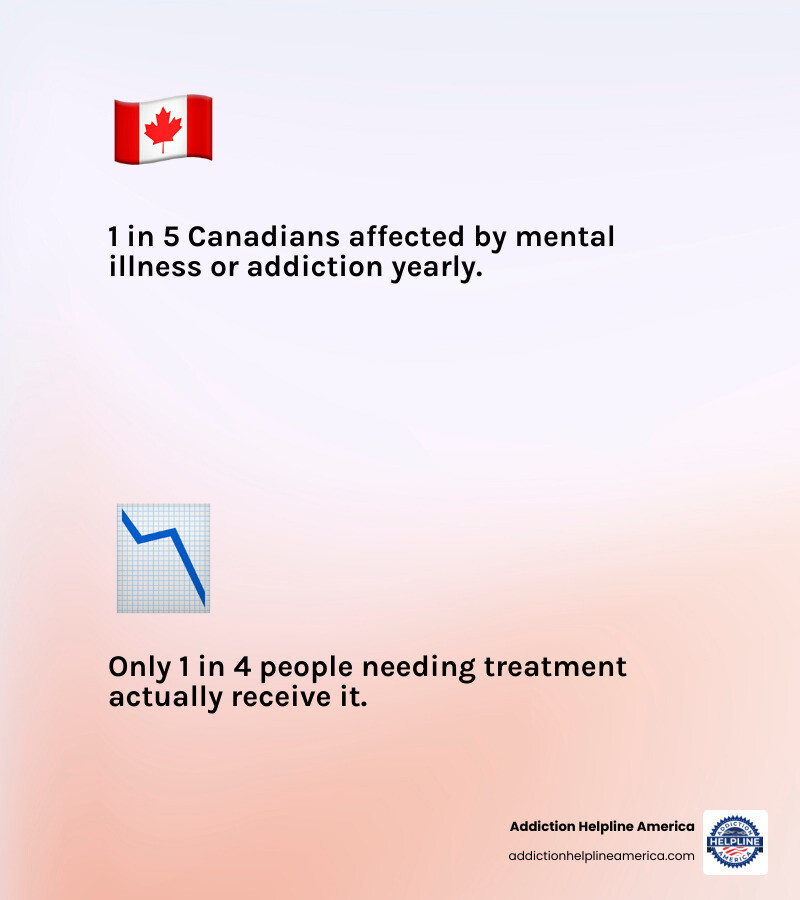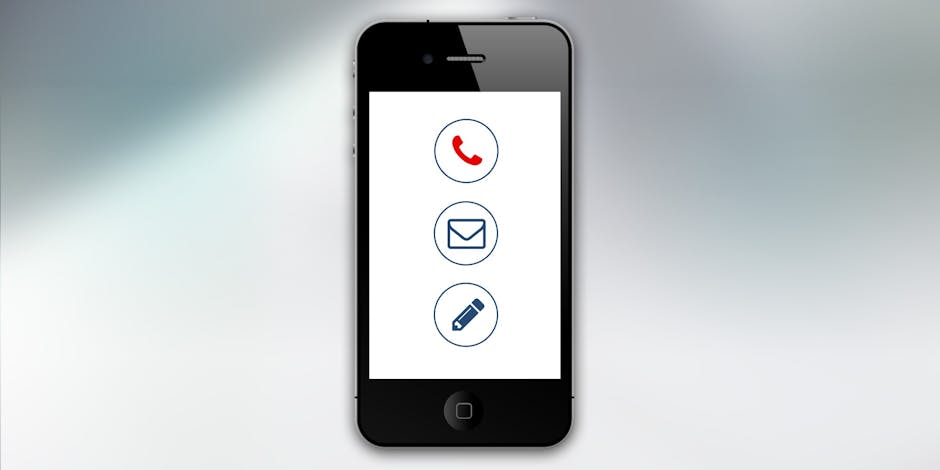
Crisis Addiction Hotline: 5 Easy Ways
Why a Crisis Addiction Hotline Can Be Your First Step to Recovery
A crisis addiction hotline provides immediate, confidential support for anyone struggling with substance abuse or concerned about a loved one. These free services connect you with trained professionals who can assess your situation, provide guidance, and refer you to appropriate treatment—24 hours a day, 7 days a week.
Quick Guide to Crisis Addiction Hotlines:
- National Helplines: Call 988 for suicide/crisis support, or 1-800-662-4357 (SAMHSA) for substance abuse referrals
- Available 24/7: Free, confidential support anytime you need it
- Multiple Contact Methods: Phone, text, or online chat options
- No Judgment: Trained specialists who understand addiction as a medical condition
- Immediate Action: Get connected to treatment resources and local support services
When addiction feels overwhelming—whether you’re experiencing withdrawal symptoms, can’t stop using on your own, or simply don’t know where to start—a crisis hotline offers a safe first step. According to the Mental Health Commission of Canada, a significant portion of the population is affected by mental illness or addiction each year, yet many who need treatment don’t receive it.
At Addiction Helpline America, we’ve helped thousands of individuals and families steer the journey from crisis to recovery by connecting them with appropriate crisis addiction hotline services and treatment options nationwide. Our team of addiction specialists and recovery advocates understands that reaching out for help is often the hardest—and most important—step you’ll take.

Crisis addiction hotline word guide:
When to Call: Recognizing the Signs in Yourself or a Loved One
Recognizing that you or a loved one needs help is a brave first step. Addiction is a medical condition, not a matter of willpower, and its signs often build gradually. Understanding these warning signs empowers you to act before a situation becomes a full-blown crisis.

Behavioral changes are often the first red flags. Look for failed attempts to stop using, withdrawal from social activities and hobbies, and declining performance at work or school. Other signs include neglecting responsibilities, unexplained financial issues, dishonesty, and a decline in personal hygiene as the substance takes priority.
Physical symptoms also tell a story. Watch for dramatic changes in sleep patterns, unexplained weight loss, or persistent flu-like symptoms tied to withdrawal. Depending on the substance, you might see changes in pupil size, track marks, frequent nosebleeds, or tremors. These signs often worsen as the addiction progresses.
Psychological shifts are just as alarming. Unpredictable mood swings, increased anxiety, depression, and paranoia often accompany substance abuse. You may also notice secretive or uncharacteristically risky behavior. If someone expresses hopelessness or suicidal thoughts, it’s an emergency. Call or text 9-8-8 immediately.
If you’re worried about a loved one, you can call a crisis addiction hotline for guidance, even if they aren’t ready. Specialists can advise you on how to approach the conversation, explain treatment options, and discuss interventions. You don’t have to steer this alone; gathering information is a powerful first step.
Taking action early dramatically improves the chances of a lasting recovery. Whether you see these signs in yourself or someone else, your awareness is a strength. A crisis addiction hotline is the immediate bridge from recognizing the problem to finding a real solution.
For more detailed information on what to watch for and how to help, explore our resources: More on the signs of addiction and How to Help a Loved One.
Call Now – Your Journey to Recovery Begins Today!

Take the first step towards a healthier life! Call now to connect with our compassionate team and start your recovery journey today. Your path to healing awaits!
Our recovery specialists are available 24/7 to provide support, and all calls are confidential and free. Reach out anytime – we’re here to help!
5 Easy Ways to Connect with a Crisis Addiction Hotline
When you’re ready for help, getting it should be easy. A crisis addiction hotline offers multiple ways to connect, respecting your comfort level and need for privacy. Whether you prefer to call, text, or chat online, there’s an option for you. Here are five accessible ways to reach out.

Way 1: Make a Confidential Phone Call
Calling a crisis addiction hotline provides an immediate, human connection with a trained specialist who can listen without judgment and guide your next steps.
- The SAMHSA National Helpline (1-800-662-HELP or 4357): Available 24/7 in English and Spanish for free, confidential treatment referrals.
- The 988 Suicide & Crisis Lifeline: Call or text 988 for 24/7 support if you’re having thoughts of suicide or self-harm.
- The Veterans Crisis Line: Dial 988 and press 1 for specialized support for veterans and their families.
- The NAMI Helpline (1-800-950-NAMI or 6264): Offers peer support and practical advice for mental health and addiction concerns.
- The National Poison Control Center (1-800-222-1222): Call immediately for guidance during a suspected overdose.
At Addiction Helpline America, we’ve helped thousands of people find their path to recovery through our own national hotline. Our team offers free, confidential support and can match you with the right treatment program from our nationwide network.
Way 2: Send a Private Text Message
Texting offers a private and discreet way to connect with a crisis addiction hotline counselor, especially when you can’t speak aloud.
- Text 988: Reach the 988 Suicide & Crisis Lifeline for emotional distress or suicidal thoughts.
- Text HOME to 741741: Connect with the Crisis Text Line for broad crisis support.
- Text “Helpline” to 62640: Access NAMI’s text support for mental health guidance.
These free, 24/7 services can feel less intimidating than a phone call, allowing you to communicate at your own pace with a trained, non-judgmental professional.
Way 3: Use an Anonymous Online Chat
Online chat provides another layer of anonymous support, allowing you to communicate with a specialist through a secure website without revealing your identity.
- The 988 Suicide & Crisis Lifeline offers chat support at 988lifeline.org (or linea988.org for Spanish).
Chat is ideal for gathering information and exploring options without pressure, offering a gentle entry point into the recovery process. For more information about online addiction resources, check out our comprehensive guide: Addiction Help Online: The Ultimate Guide.
Way 4: Find a Specialized Hotline for Custom Support
Specialized crisis addiction hotlines offer custom support that understands your unique background and experiences.
- Youth: The Boys Town National Hotline at 1-800-448-3000 provides youth-focused support.
- Veterans: The Veterans Crisis Line (988, then press 1) offers care that understands the challenges of military service.
- LGBTQ+ Community: The LGBTQ+ National Hotline at 1-888-843-4564 provides free, confidential support from affirming counselors.
- First Responders: The IAFF Center of Excellence specializes in behavioral health and addiction treatment for firefighters and first responders.
These specialized services through Addiction Helpline America’s network ensure you’re connecting with people who truly understand where you’re coming from.
Call Now – Your Journey to Recovery Begins Today!

Take the first step towards a healthier life! Call now to connect with our compassionate team and start your recovery journey today. Your path to healing awaits!
Our recovery specialists are available 24/7 to provide support, and all calls are confidential and free. Reach out anytime – we’re here to help!
Way 5: Access Local and Regional Helplines
While national hotlines are great, local and regional helplines know the resources in your community, from nearby treatment centers to local support groups.
- Dial 211 anywhere in the U.S. to connect with a local specialist who can guide you to addiction treatment, mental health support, housing assistance, and more.
Many states also have their own 988 services and state-specific helplines that provide localized support.
At Addiction Helpline America, we connect people nationwide to these vital local resources. Whether you’re in a major city or a small town, we can help you find help in your area that makes sense for your situation.
The bottom line? You have choices. Pick the method that feels right for you today, and know that no matter which way you reach out, there’s someone ready to help on the other end.
What to Expect: From Your First Call to Finding Treatment
Calling a crisis addiction hotline can feel intimidating, but it’s a judgment-free process. The call is handled by a trained specialist who understands addiction is a medical condition and is there to help. Think of the hotline as a bridge from crisis to recovery, connecting you to a network of resources and support.
What Questions Will the Hotline Ask?
The specialist will ask questions to understand your situation and connect you with the best resources. This is a non-judgmental assessment.
- Your safety comes first. They’ll ask if you’re in immediate danger (e.g., suicidal thoughts, overdose) to get you emergency help if needed. This is about safety, not getting you in trouble.
- Your substance use history. They’ll ask about what substances are used, how often, and for how long to gauge the severity and what level of care is needed.
- Co-occurring mental health issues. Since addiction often co-occurs with conditions like anxiety or depression, they may ask about your mental health to ensure treatment addresses both issues.
- Your readiness for treatment. They’ll ask about your willingness to seek treatment. It’s okay if you’re unsure; honesty helps them provide the right guidance for you.
- Your location. This helps them find local treatment centers, support groups, and other resources accessible to you.
Having information about health conditions or insurance is helpful, but don’t let it stop you from calling. You can provide details later.
How a crisis addiction hotline ensures confidentiality
Privacy is paramount when discussing addiction. Crisis addiction hotlines operate under strict confidentiality policies to protect you.
- Strict privacy policies: Your conversation is confidential and won’t be shared without your permission, except in cases of immediate harm to yourself or others.
- Anonymous options: Many text and chat services allow you to remain completely anonymous. You control how much personal information you share.
- HIPAA regulations: The treatment facilities you’re referred to are typically bound by HIPAA, the federal law protecting your health information.
- Safe communication technology: All platforms use secure systems to protect your data.
- Trained professionals: Specialists are trained to create a safe, judgment-free space where you can speak honestly. Your call is 100% confidential.
Connecting You to Long-Term Care
Beyond immediate support, a crisis addiction hotline connects you to long-term care, which is where the recovery journey truly begins.
- The specialist will assess your specific needs based on your substance use, mental health, and personal circumstances to determine the right level of care, such as medical detox, inpatient rehab, or an outpatient program.
- Matching you with the right facility is key. The hotline’s network includes programs specializing in different addictions, co-occurring disorders, and specific demographics (e.g., veterans, LGBTQ+). We work with facilities nationwide, including in states like Ohio, Colorado, and Virginia, to find the right fit.
- The cost of treatment is a common concern. A hotline can help you verify insurance coverage, find state-funded programs, or connect you with facilities that offer sliding-scale fees or financial assistance. We are committed to helping you find affordable options.
We connect people with everything from comprehensive Treatment Options: Inpatient Drug Rehab to Free Addiction Treatment programs.
The path from crisis to recovery isn’t always straightforward, but you don’t have to walk it alone. A crisis addiction hotline gives you a guide, a resource, and a genuine partner in finding the care that will help you build the life you deserve.
Frequently Asked Questions about Using a Crisis Addiction Hotline
We know that reaching out for help can bring up a lot of questions. Understanding what to expect can make that first step feel a little less overwhelming.
Are addiction hotlines free to call?
Yes, all calls to a crisis addiction hotline are completely free. The call and the information provided are free of charge, with no hidden fees. You do not need health insurance to call. This ensures that cost is never a barrier to getting help in a moment of crisis.
Can I call on behalf of a friend or family member?
Absolutely. Crisis addiction hotlines are also for friends and family. Trained professionals can offer guidance on how to approach a loved one, express your concerns effectively, and understand their treatment options. They can also connect you with resources like family support groups (e.g., Al-Anon) and information on interventions. Your call can be the first step in their recovery journey, even if they aren’t ready to call themselves. For more guidance, explore our resource on How to Help a Loved One.
What if it’s a medical emergency like an overdose?
This is critical: crisis addiction hotlines are not for medical emergencies. If you suspect an overdose, or if someone is unconscious, not breathing, or having a life-threatening reaction, call 911 immediately. For poisoning emergencies, you can also call the National Poison Control Center at 1-800-222-1222 while waiting for help. Hotlines provide crisis counseling and treatment referrals, but 911 is for immediate medical danger. If you’re unsure, always call 911 first. Once the emergency is stable, a hotline can help with the next steps toward recovery.
Call Now – Your Journey to Recovery Begins Today!

Take the first step towards a healthier life! Call now to connect with our compassionate team and start your recovery journey today. Your path to healing awaits!
Our recovery specialists are available 24/7 to provide support, and all calls are confidential and free. Reach out anytime – we’re here to help!
Conclusion: Take the First Step on Your Path to Recovery
Learning about crisis addiction hotlines is an important first step that shows strength. Whether for yourself or a loved one, reaching out is the brave act that can change everything. Remember: you are not alone, and recovery is possible.
A crisis addiction hotline is a lifeline, offering free, confidential, 24/7 support. You can call, text, or chat with a trained specialist who understands addiction is a medical condition and will listen without judgment. They will assess your situation and guide you toward the right treatment.
At Addiction Helpline America, our mission is to make finding help simple and supportive. We connect people to our vast network of treatment centers across every state, including specialized, inpatient, outpatient, and free options. We believe barriers like cost or confusion shouldn’t prevent you from getting the help you deserve.
If you’re ready, or even just considering it, take the next step. Call, text, or chat with a crisis addiction hotline to ask questions and gather information with no pressure. Your recovery journey starts with this single moment of courage, and we’re here to help you along the way.
Find the right support with our comprehensive list of addiction and rehab hotlines.
Our helpline is 100%
free & confidential
If you or someone you care about is struggling with drug or alcohol addiction, we can help you explore your recovery options. Don’t face this challenge alone—seek support from us.
Programs
Resources
Will my insurance
cover addiction
treatment?
We're ready to help
Find the best
drug or alcohol treatment
center
Are you or a loved one struggling with addiction? Call today to speak to a treatment expert.















